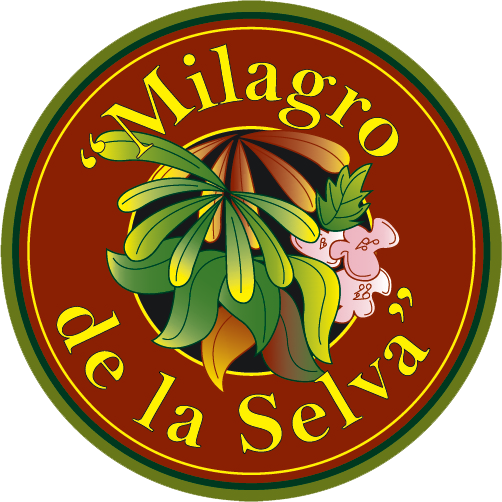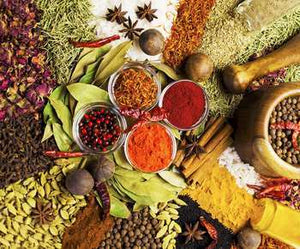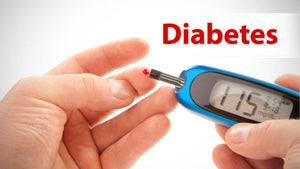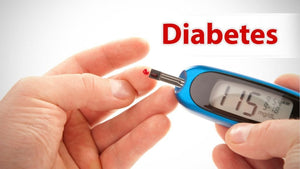QUICK HEALTH TIPS: Bladder Infection

BLADDER INFECTION
Many conditions affecting the kidneys, bladder, or urethra are described as urinary tract infections, or UTIs, and most UTIs are concentrated in the bladder and urethra.
Bladder infections are most often characterized by an urgent desire to empty the bladder. Urination is typically frequent and painful; even after the bladder has been emptied, there may still be a strong desire to urinate again. The urine usually has a strong, unpleasant odor, and may appear cloudy. There may be blood in the urine, also. While bladder infection, or cystitis, is usually more of an annoyance than a serious health problem, it can lead to kidney infection if not treated in time. Nearly 85 percent of urinary tract infections are caused by ESCHERICHIA COLI, a bacterium normally found in intestines. Both men and women suffer from bladder infections, though women generally have a higher rate of this. In men, bladder infections may signal a more serious problem, such as prostatitis.
The possibility of developing a bladder infection can be increased by a series of factors, including pregnancy, sexual intercourse, contamination from feces when wiping after a bowel movement (women), the use of a diaphragm, and systemic disorders such as DIABETES.
SOME RECOMMENDATIONS:
1. Drink LOTS of liquids, especially cranberry juice. Drink at least one 8 oz glass of water every hour! This is EXTREMELY beneficial for urinary tract infections.
2. Include celery, parsley, and watermelon in your diet. These foods are natural diuretics and cleansers.
3. Avoid citrus fruits; these produce alkaline urine that encourages bacterial growth. Increasing the acid content in urine inhibits the growth of bacteria.
4. Stay away from alcohol, caffeine, carbonated beverages, chocolate, refined and/or processed foods, and simple sugars.
5. Take a twenty minute hot sitz bath twice daily: this helps to relieve the pain associated with cystitis.
Do not delay emptying the bladder.
Keep the genital and anal areas clean and dry. Women should always wipe from front to back after emptying bladder or bowels, should empty the bladder before and after exercise and sexual intercourse, and should wash the vagina after intercourse.
Wear white cotton underwear…nylon should be avoided.
Do NOT use “feminine hygiene sprays”, packaged douches, bubble baths, tampons, sanitary pads, or toilet paper containing fragrance. The chemicals these products contain are potentially irritating. Try to use an all-natural soap from a health food store.
If there is blood in the urine, consult your health care provider. This can be a sign of a more serious problem and should have medical attention.
- Anthony R









Comments 0